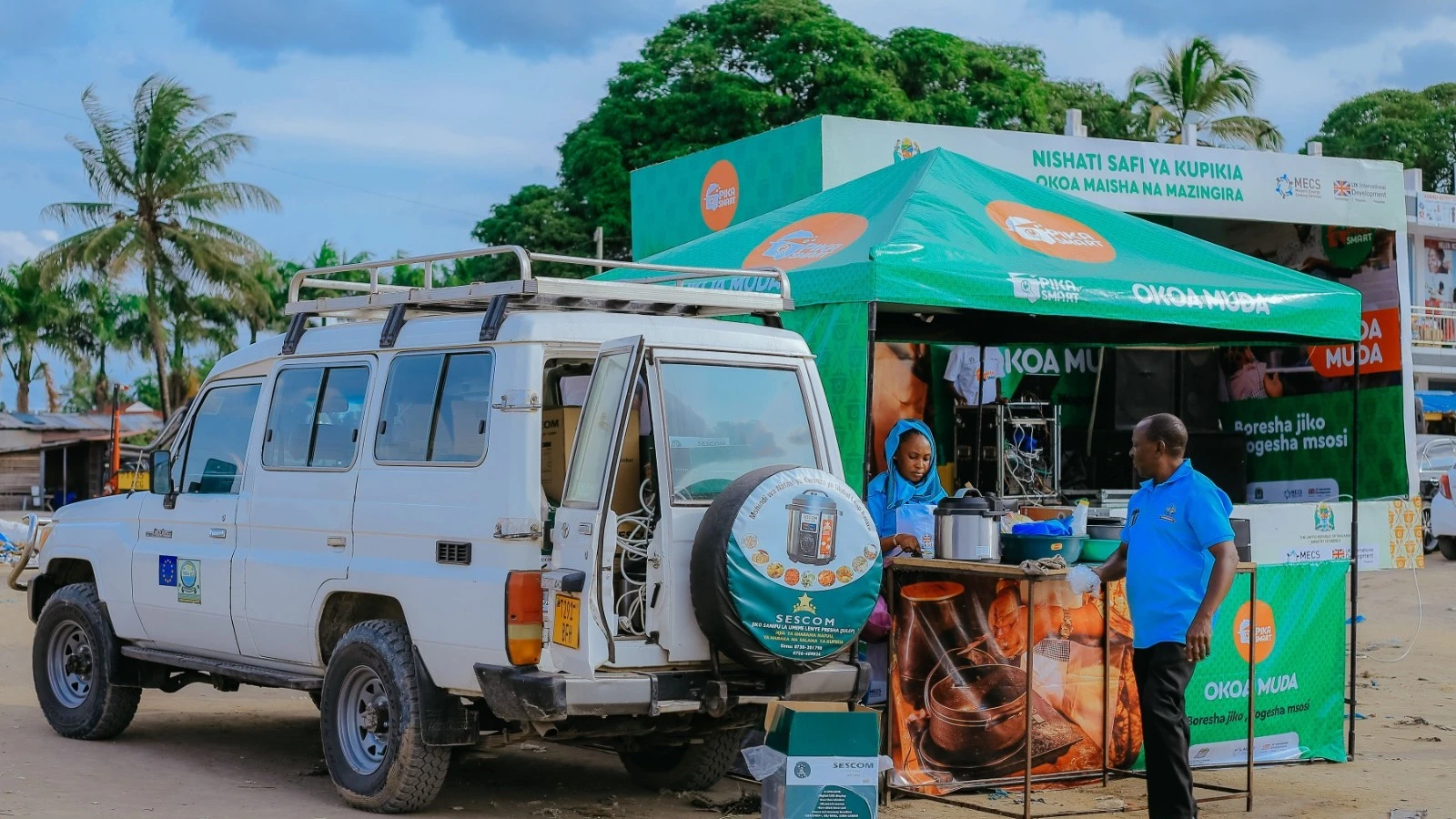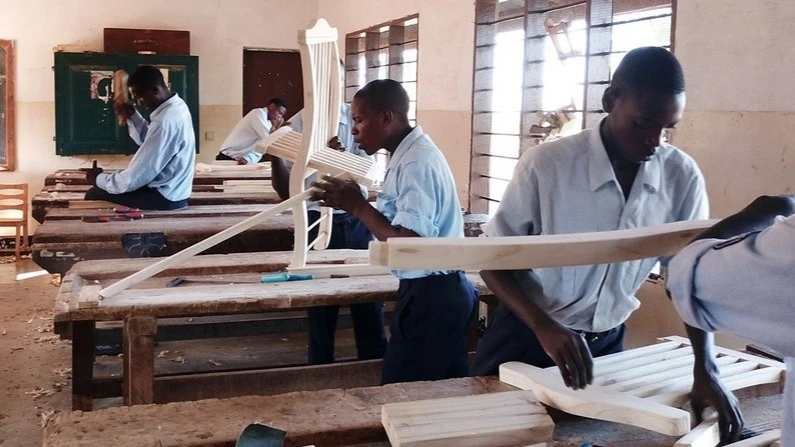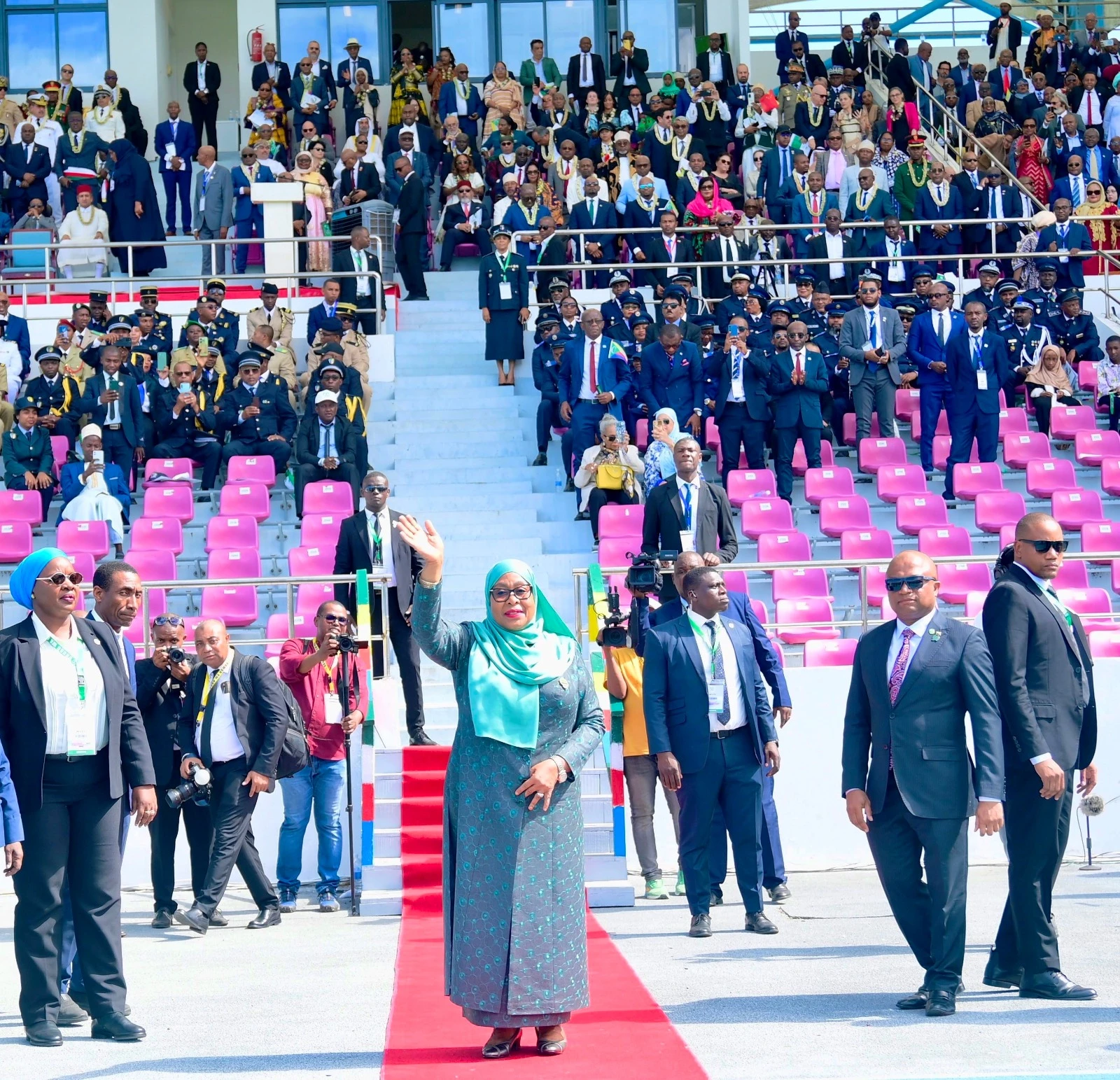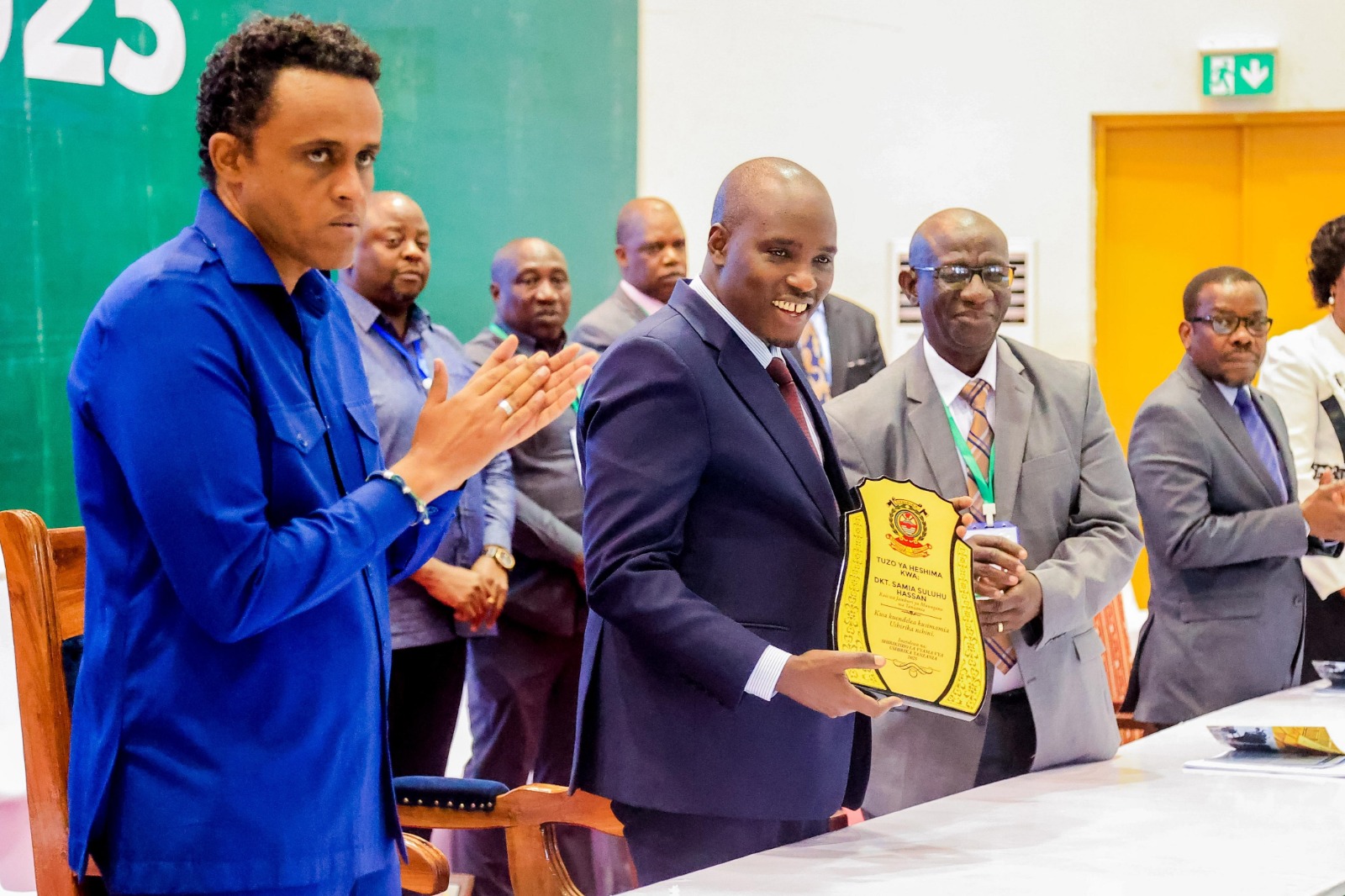Tanzania slips in 2024 global knowledge index, gains in scores
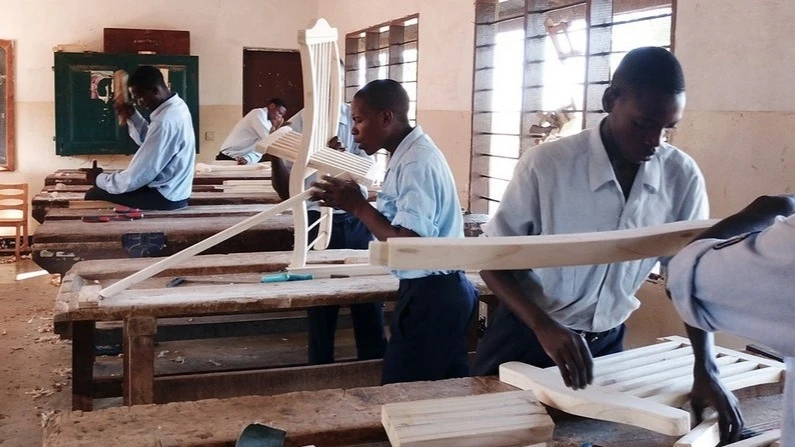
Tanzania has gained in all 7 pillars measured among 141 surveyed economies worldwide compared to 2023 ranking, according to Global Knowledge Index (GKI) 2024. Last year, its overall global ranking was 126th (with the overall score of 32.3) out of 141 surveyed economies.
Tanzania has also performed above its overall average ranking in 4 out of 7 pillars with its score points in brackets in descending order in enabling environment (51.4), economy (43.7), technical and vocational education and training (35.8), and pre-university education (32.3).
However, it performed below its overall score in higher education (27.3 points), information communications technology (26.8 points) and research, development and innovation (21.2 points) on a scale of 0-100, where 100 indicates the highest score, and 0 is the least score.
In the enabling environment pillar, Tanzania scored 51.4 points, making a difference of 2.5 points, up from 48.9 points scored in the 2023 GKI ranking. In the economy pillar, it scored 43.7 points, making a difference of 1.7 points, up from 42.0 points scored in 2023.
Sweden - the overall best performer - scored 84.7 points in the enabling environment pillar and 68.7 points in the economy pillar. But the best performer in the enabling environment pillar was Iceland, which scored 88.4 points and Hong Kong, China (SAR), which scored 81.4 points, was the best performer in the economy pillar in the 2024 GKI ranking.
In 2023, Iceland, which was the best performer in the enabling environment, scored 89.1 points, while Hong Kong, China (SAR), which was the best performer in the economy pillar, scored 97.2 points. All surveyed countries were measured in 7 main pillars, namely 1) pre-university education, 2) technical and vocational education and training, 3) higher education, 4) research, development and innovation, 5) information and communications technology, 6) economy, and 7) enabling environment.
The five best performers in the 2024 GKI ranking with their scores in brackets are Sweden (68.3), Finland (68), Switzerland (67.9), Denmark (66.8) and Netherlands (66.8). The five worst performers are Burkina Faso (28.2), Angola (28), the Democratic Republic of Congo (DRC) (26.3), Niger (25.8) and Chad (23.4).
GKI 2024 comprises 7 pillars (sub-indexes). The first one is the pre-university education sub-index, which covers pre-primary education through the end of secondary education. The GKI report says this sub-index “serves as a systematic tool for measuring the performance of the pre-university education system at various stages.”
The second one is the technical and vocational education and training (TVET) sub-index. TVET is an essential sector that combines training and qualifications of the human capital at the professional level and one of the most critical sectors linked to the labour market.
“Meeting labour market requirements and integrating them into academic courses and curricula is a complex process that is subject to the fluctuations of the economy, competitiveness and international conditions.”
The third one is the higher education sub-index, which the report says plays a key role in driving knowledge and innovation by producing human capital with the qualifications and skills necessary to meet the needs of industries that drive the global knowledge economy.
“Higher education includes short-term programmes, bachelor's or equivalent degree levels, master's or equivalent degree levels, and doctoral or equivalent degrees offered by public and private higher education institutions, falling within levels 5 to 8 according to the International Standard Classification of Education (ISCED 2011) by the United Nations Educational, Scientific, and Cultural Organisation (UNESCO),” reads part of the GKI 2024 report.
The fourth one is research, development and innovation (RDI) sub-index, which according to OECD (2015), comprises creative and systematic work undertaken to increase the stock of knowledge—including knowledge of humankind, culture and society—and to devise new applications of available knowledge. The report suggests that scientific research, development and innovation (RDI) represent a central aspect of knowledge generation, dissemination and application processes in support of development.
The fifth one is the information and communications technology (ICT) sub-index. ICT is seen as playing a pivotal role in the 21st century. It has both positive and negative implications for the labour market in the sense that new jobs will be created and others will be replaced with automation. People with knowledge society skills will reap the benefits of the labour market while those without will face the brunt of automation.
“For ICT to reach its full potential, knowledge creation should not be restricted to a cluster of countries or regions; rather, it should be localised and shared for the wellbeing of all societies. Therefore, to gain an insight into how the future will unfold, we must acknowledge the interactions embedded within a number of mutually reinforcing trends in ICT.”
The sixth one is the economy sub-index, which is regarded as the main determinant of the ability of countries to adapt to global transformations and developments. “Within the GKI, the components of the knowledge economy related to economic competitiveness, economic openness, and financing and domestic value added, represent important indicators of the ability and resilience of economies to face global transformations and developments.”
The seventh one is the enabling environment sub-index. According to the report, it represents requisite conditions for the incubation and support of the production, development, and utilisation of knowledge to achieve sustainable development.
“It is a key determinant for the development of knowledge indicators as it is related to all sectors—institutional, social, economic, and political enabling factors are considered as the main pillars for knowledge empowerment.”
Therefore, given Tanzania’s upward performance in the 2024 GKI ranking, it is likely to do better in this year’s ranking. As the Preface to the report says, let the GKI 2024 be for Tanzania “a critical resource designed to illuminate the paths to knowledge-driven development and resilience in an ever-evolving world…[and] a vital tool for translating complex knowledge ecosystems into actionable insights.”
GKI is coordinated by UNDP - Regional Bureau for Arab States (UNDP RBAS) in partnership with the Mohammed bin Rashid Al Maktoum Knowledge Foundation (MBRF). Since its inception in 2017, it has been helping stakeholders to formulate informed and impactful development policies. It is regarded as a testament to the enduring commitment to fostering global knowledge sharing and development.
Top Headlines
© 2025 IPPMEDIA.COM. ALL RIGHTS RESERVED











